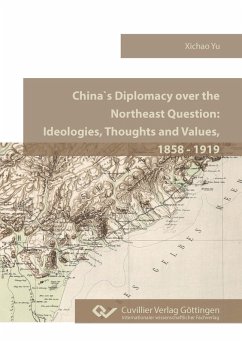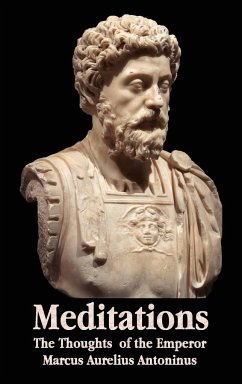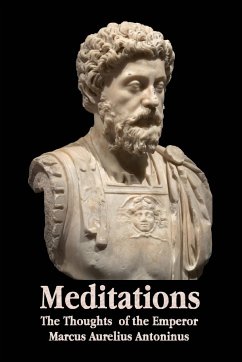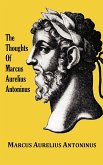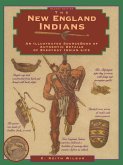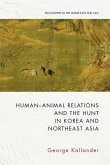This book explores the formation of modern Chinese diplomacy by examining how classical Chinese philosophy influenced diplomatic responses to foreign encroachments in Northeast China or Manchuria during the historical period from the signing of the Treaty of Aigun in 1858 to China's participation in the Paris Peace Conference in 1919. Drawing primarily on Qing dynasty and Beiyang government diplomatic archives and classical Chinese historiography, it highlights the role of Confucian-based principles in shaping the diplomatic thinking of the Qing dynasty and Beiyang governments. Through a top-down, state-centric analysis, the research suggests that these traditional Chinese cultural values provided a distinct intellectual and theoretical framework for modern Chinese leaders, guiding diplomatic decisions amid foreign incursions and modernisation pressures. It underscores the lasting impact of China's traditional cultural knowledge on its diplomatic evolution, particularly in resolving the so-called "Northeast Question."
Bitte wählen Sie Ihr Anliegen aus.
Rechnungen
Retourenschein anfordern
Bestellstatus
Storno

